Japanese Beetles: I've given up
Catskillsgardener
10 years ago
Featured Answer
Sort by:Oldest
Comments (37)
dublinbay z6 (KS)
10 years agoseil zone 6b MI
10 years agoRelated Professionals
Ilchester Landscape Architects & Landscape Designers · Darien Landscape Contractors · El Mirage Landscape Contractors · Emmaus Landscape Contractors · Hoover Landscape Contractors · Kaneohe Landscape Contractors · Lemay Landscape Contractors · Lemont Landscape Contractors · Peoria Landscape Contractors · Rockland Landscape Contractors · Royal Oak Landscape Contractors · Tigard Landscape Contractors · Kingsburg Landscape Contractors · Winter Gardens Landscape Contractors · Goldenrod Landscape Contractorslesmc
10 years agohenry_kuska
10 years agobellarosa
10 years agoharryshoe zone6 eastern Pennsylvania
10 years agodublinbay z6 (KS)
10 years agohenryinct
10 years agoandreark
10 years agolitchfieldgardener
10 years agolitchfieldgardener
10 years agoCatskillsgardener
10 years agosc_gardener
10 years agoharryshoe zone6 eastern Pennsylvania
10 years agoMaryl (Okla. Zone 7a)
10 years agoUser
10 years agohenryinct
10 years agoRosecandy VA, zone 7
10 years agoharryshoe zone6 eastern Pennsylvania
10 years agolouisianagal
10 years agosc_gardener
10 years agodublinbay z6 (KS)
10 years agolitchfieldgardener
10 years agolitchfieldgardener
10 years agolexusnexus
10 years agokidhorn
10 years agoterri1335
9 years agojim1961 / Central Pennsylvania / Zone 6
9 years agoUser
9 years agosummersrhythm_z6a
9 years agomartinca_gw sunset zone 24
9 years agosammy_lu
9 years agojim1961 / Central Pennsylvania / Zone 6
9 years agoingrid_vc so. CA zone 9
9 years agojim1961 / Central Pennsylvania / Zone 6
9 years ago
Related Stories
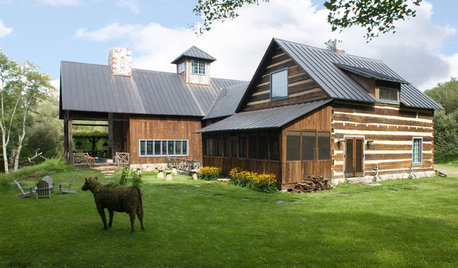
LIFEThe Polite House: Do I Have to Display Decor Given to Me as a Gift?
Etiquette columnist Lizzie Post tackles the challenge of accepting and displaying home decor gifts from frequent visitors
Full Story
FEEL-GOOD HOME12 Very Useful Things I've Learned From Designers
These simple ideas can make life at home more efficient and enjoyable
Full Story
ARTBring In a View Like You’ve Never Imagined
See how art photographers turn a plain white wall into a magical window with a centuries-old camera technique — and how you could try it too
Full Story
LIFEYou Said It: ‘Work With the Space You Are Given’ and More
Having trouble keeping that resolution momentum going? Help is here
Full Story
SMALL HOMES16 Smart Ideas for Small Homes From People Who’ve Been There
Got less than 1,000 square feet to work with? These design-savvy homeowners have ideas for you
Full Story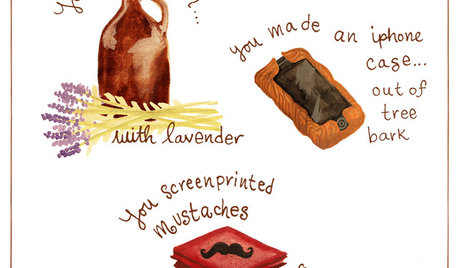
DIY PROJECTS12 Signs You've Caught the DIY Bug
Been making inventive things from scratch? Repurposing salvaged pieces creatively? It may be more serious than you think
Full Story
FALL GARDENING7 Reasons Not to Clean Up Your Fall Garden
Before you pluck and rake, consider wildlife, the health of your plants and your own right to relax
Full Story
MOTHER’S DAYWhat We've Learned From Mom About Home
Share cherished memories as Houzzers recall the special traits, insights and habits of their mothers
Full Story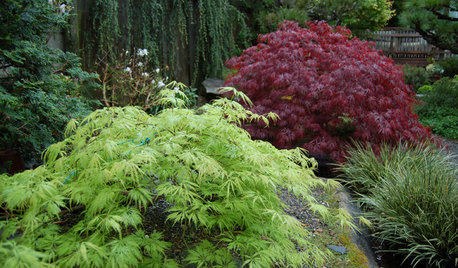
GARDENING GUIDES13 Japanese Maples for Shade
A surprising variety of these understory trees is waiting to make a statement in your shade garden
Full Story
TREES11 Japanese Maples for Breathtaking Color and Form
With such a wide range to choose from, there’s a beautiful Japanese maple to suit almost any setting
Full Story






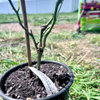
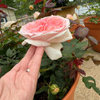

henry_kuska